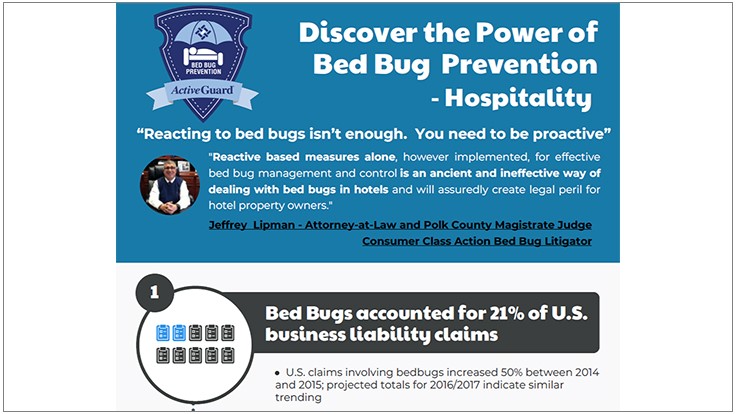The Duty Of Parasite Control In Food Security And Hygiene
The Duty Of Parasite Control In Food Security And Hygiene
Blog Article
Material Writer-Willadsen Tanner
Are you knowledgeable about the covert dangers that insects posture to the safety and health of your food? From rats to bugs, these undesirable visitors can pollute your ingredients, surfaces, and storage space areas.
This article explores the critical duty of parasite control in keeping the greatest requirements of food safety and health. Discover efficient strategies and prevention procedures that will assist you safeguard your business, consumers, and online reputation.
Do not allow insects jeopardize the high quality of your food.
The Effect of Parasites on Food Security and Health
In your kitchen area, bugs can have a substantial influence on food safety and hygiene. These unwanted guests, such as rodents, pests, and roaches, can infect your food, surfaces, and tools with damaging bacteria, infections, and bloodsuckers. click this can quickly access your pantry, cabinets, and even your fridge, leaving behind droppings, pee, and hair.
Not just can they ruin your food by chewing via packaging, but they can additionally spread diseases like Salmonella, E.coli, and Listeria. Imagine preparing a meal for your household, unaware that the components you're making use of are already infected.
It's important to take instant action to prevent and manage bugs in your cooking area. Regular cleaning, appropriate food storage space, and professional insect control measures are necessary to ensure food security and maintain a hygienic environment in your kitchen.
Effective Pest Control Approaches for the Food Sector
Executing effective parasite control techniques is important for keeping food safety and security and hygiene in the food market. By applying these approaches, you can avoid parasites from contaminating the food and guarantee that your items are secure for intake.
One efficient technique is to frequently evaluate and check your facility for indicators of parasite activity. This consists of checking for droppings, nests, or any damages brought on by bugs.
It's also vital to seal all access points to protect against insects from getting in the facility. Regular cleansing and hygiene are necessary, as insects are brought in to food residue and spills.
In addition, correct waste monitoring is crucial to prevent the build-up of food waste that can draw in pests.
Keeping Hygiene Specifications Via Parasite Avoidance Procedures
To maintain hygiene criteria, you have to routinely apply bug avoidance measures. By taking aggressive actions to stop pests from entering your food establishment, you can ensure the security and tidiness of your premises. Here are some efficient insect avoidance measures to think about:
- Seal all splits and gaps: Parasites can get in through even the tiniest openings. On Green pest control methods and secure any spaces in doors, windows, walls, and floorings to maintain bugs out.
- Proper waste monitoring: Dispose of food waste promptly and securely in secured containers. This will reduce the tourist attraction of parasites and prevent invasions.
- Normal cleansing and sanitizing: Keeping tidiness in your establishment is essential. Consistently tidy and sterilize all areas, paying special attention to locations where bugs may conceal or reproduce.
- Apply a surveillance system: On a regular basis evaluate your premises for indicators of bug activity. Mount bug monitoring devices, such as catches or sensing units, to identify and attend to any kind of prospective problems beforehand.
Conclusion
So remember, when it concerns food safety and hygiene, bug control plays an important role.
By executing efficient parasite control approaches and preventive measures, we can make certain the highest possible standards of tidiness and safety in the food sector.
Don't allow pests compromise the high quality of our food; let's stand together and protect our health and health.
